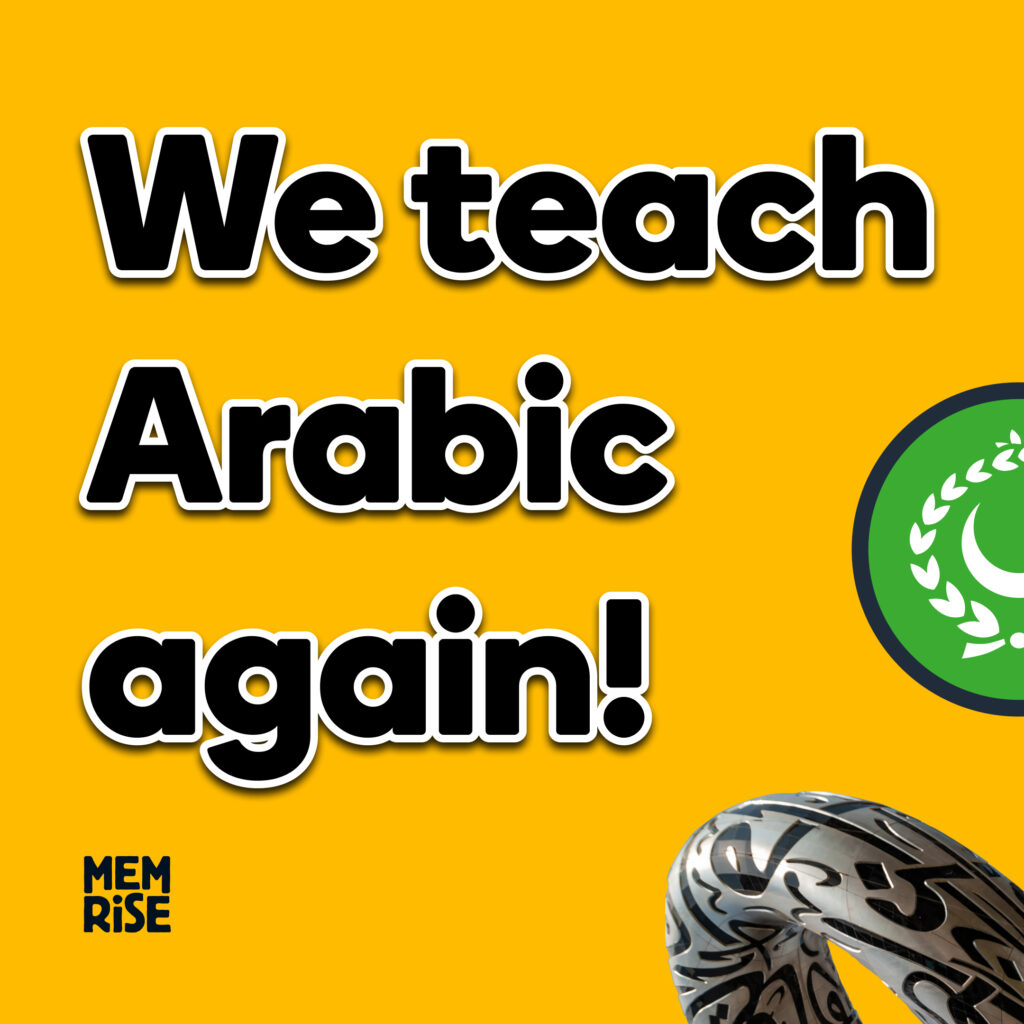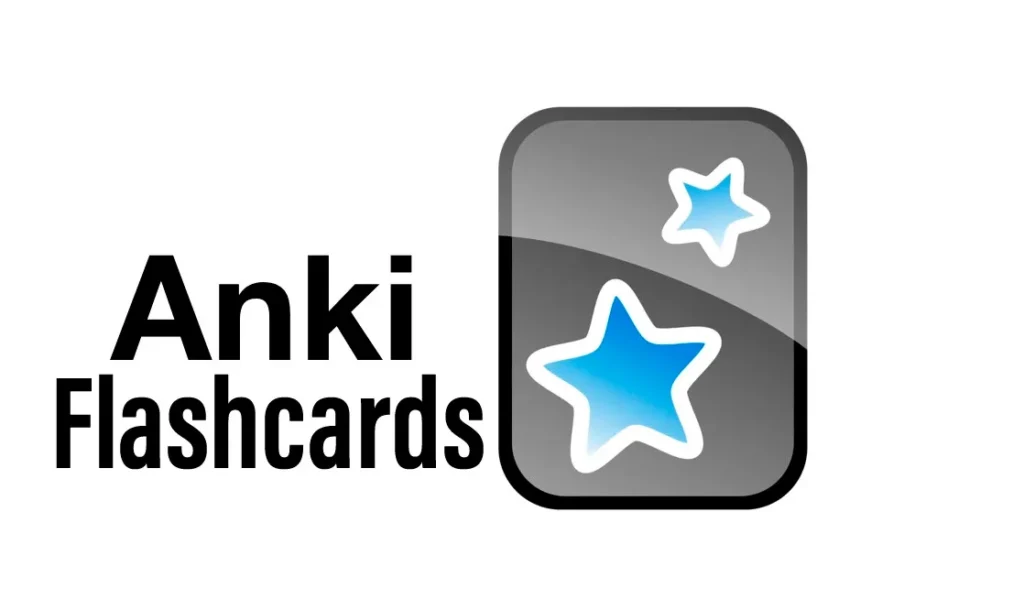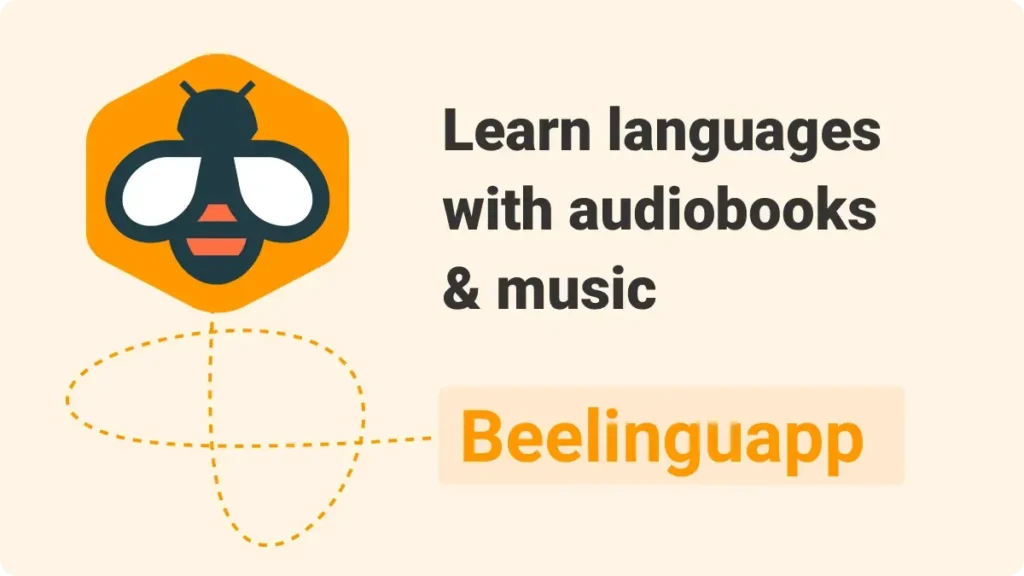Conquering Arabic Vocabulary: The Ultimate Guide with a Modern Arabic Learning App
Hello, those of you who are eager to conquer the enchanting Arabic language! Nuhaira understands that learning a new language, especially Arabic with its different writing system and structure, can pose many challenges. However, the core of mastering any language is vocabulary. Vocabulary is like the bricks that build your language house. Without enough bricks, you cannot build a solid house.
Having a rich vocabulary not only helps you read, understand, and write fluently but is also the key to communicating naturally and reacting quickly in real-life situations, from business to cultural exchange. In the 21st century, technology has opened new doors for language learning. And today, Nuhaira will explore with you how a modern Arabic learning app can become a powerful tool, helping you expand your Arabic vocabulary and communicate fluently in the most effective and convenient way.
The Superior Advantages of Arabic Learning Apps in Enhancing Vocabulary
When it comes to learning a language with a diverse vocabulary system like Arabic, traditional methods sometimes cannot meet the flexibility and personalization that modern learners need. That is why Arabic learning apps are becoming increasingly popular, offering outstanding benefits:
1. Convenience and Flexibility
One of the biggest advantages of using an Arabic learning app is the ability to learn anytime, anywhere. Whether you are on a bus, waiting at the airport, or resting at home, your smartphone can turn into a mobile classroom. Arabic learning apps like Simply Learn Arabic or other applications on the Apple App Store allow learners the flexibility to choose their learning time and pace to fit their personal schedules. This convenience helps you maintain a regular study habit without having to commit to a rigid timetable or a fixed location.
2. Personalized Learning Content
Each learner has different goals and interests. A business manager may need to focus on business vocabulary, while a tourist is interested in phrases related to travel and food. Modern Arabic learning apps understand this and allow you to customize your learning content. You can easily choose topics you like or that suit your needs, from daily communication, travel, and work to specialized fields. This not only optimizes your learning progress but also helps you focus on vocabulary that is truly useful and highly applicable in your daily life or work, as mentioned by many prominent apps on both the App Store and Google Play.
3. Superior Memory Support Features
Compared to just reading books or traditional note-taking, Arabic learning apps integrate many smart features to support more effective vocabulary memorization:
- Digital flashcards: Help you review vocabulary actively.
- Interactive exercises: Games, quizzes, and fill-in-the-blank exercises make learning fun and not boring.
- Pronunciation recording: Allows you to practice and compare your pronunciation with native speakers, significantly improving your speaking skills.
- Periodic review reminders: The smart system automatically reminds you to review vocabulary at optimal intervals, based on the proven effectiveness of the Spaced Repetition principle.
These features not only help you remember words longer but also know how to use them flexibly in different contexts, as clearly demonstrated by apps like “Learn Arabic” on the App Store or “Arabic Language Learning” on Google Play.
Method for Learning Arabic Vocabulary by Topic Using an App
Learning vocabulary by topic is a scientific method that helps you organize knowledge and memorize more effectively. When using an Arabic learning app, this method becomes even simpler and more effective.

1. Choose Common, Practical Topics
The first step is to identify topics that you frequently encounter or need to use in life. Common and practical topics include:
- Travel and Transportation: Vocabulary about hotels, restaurants, means of transport, landmarks.
- Food and Shopping: Names of dishes, drinks, how to order, bargaining, names of goods.
- Work and Business: Vocabulary related to meetings, contracts, job titles, the office.
- Daily Communication: Greetings, self-introductions, asking for directions, expressing emotions.
Many Arabic learning apps are designed to group vocabulary by these topics, making it easy for you to follow and learn systematically.
2. List, Group Vocabulary, and Learn by Topic
After choosing a topic, start listing and grouping related vocabulary. For example, in the “travel” topic, you can create smaller groups like “at the airport,” “in the hotel,” “sightseeing.” This helps your brain organize information logically, creating connections between words and helping you remember them longer. Apps like “Learn Arabic” on the App Store or “Arabic Language Learning” on Google Play often have pre-arranged lessons by essential topics, making it convenient for learners to classify and absorb information.
3. Prioritize Vocabulary Directly Related to Communication
When learning vocabulary, don’t just learn a disjointed list. Always ask the questions: “In what situation is this word used?”, “What example sentences usually go with this word?”. Prioritize vocabulary and phrases directly related to communication and handling real-life situations. This will help you quickly and effectively apply your knowledge in daily life. For example, instead of just learning “coffee” (قهوة – qahwa), learn the whole phrase “I want a cup of coffee” (أُرِيدُ فِنْجَانَ قَهْوَةٍ – urīdu finjāna qahwatin).
Using Digital Flashcards to Enhance Vocabulary Retention
Flashcards are not a new concept, but when digitized and integrated into an Arabic learning app, they become an extremely powerful tool for reinforcing vocabulary.
What Are Flashcards?
Flashcards are small cards with a new word or phrase printed on one side, and the meaning, an example, or an illustrative image on the other. They are designed to stimulate active recall – meaning you have to actively remember the information instead of just passively receiving it.
The Superior Benefits of Digital Flashcards
- Stimulate active recall: When you flip a card and try to remember the meaning of a word, your brain works more actively, helping the information to be remembered more deeply.
- Apply the Spaced Repetition method: This is one of the biggest benefits of digital flashcards. Instead of reviewing all vocabulary every day, smart applications will calculate and remind you to review the words you are about to forget at the right time, optimizing the long-term memorization process.
- Convenient and easy to manage: No more messy stacks of paper cards. Everything is neatly organized in your Arabic learning app.
How to Conveniently Create and Manage Flashcards on an App
Most Arabic learning apps have a built-in flashcard feature. You can:
- Add new words: When you encounter a new vocabulary word in a lesson or in life, add it immediately to your personal flashcard deck on the app.
- Add information: Note the meaning, part of speech, example sentences, illustrative images, and even record the pronunciation of the word.
- Learn in cycles: The app will automatically arrange the cards for you to review at optimal intervals, helping you reinforce your knowledge scientifically.
Apps That Effectively Support Flashcards for Arabic
To make the most of the power of flashcards, you can check out some outstanding Arabic learning software:
- Anki: This is one of the most powerful and flexible flashcard applications, especially optimized for the spaced repetition method. Anki allows you to create unlimited custom card decks, add images, audio, and even code. Although it does not have ready-made sample Arabic content, its high customizability is Anki’s greatest strength, suitable for serious learners who want to build their own vocabulary repository.

Anki flashcards - Memrise: Unlike Anki, Memrise combines flashcards with interactive games and videos of native speakers, making vocabulary learning more lively and interesting. This app offers ready-made Arabic courses, making it easier for beginners to get started.
These platforms all provide an effective approach to learning and memorizing Arabic vocabulary, as demonstrated by Simply Learn Arabic and similar applications.
Top Arabic Vocabulary Learning Apps Trusted by Many Users
The world of Arabic learning apps is very diverse, with each app having its own strengths and unique features. Here are some names trusted by the learning community, along with detailed analysis from Nuhaira:
| App | Strengths | Weaknesses | Key Features |
|---|---|---|---|
| Memrise | Friendly, easy-to-use interface. Lessons are built by topic with practical examples. | Some premium content requires purchasing the Pro version. | Learning through videos of native speakers, interactive flashcards, word memory games, smart reminder system. |
| Anki | Extremely flexible, allows for unlimited flashcard customization. Optimizes the spaced repetition method. | No pre-made sample Arabic content, requires users to create their own or download community decks. | High customizability for flashcard decks, optimal repetition algorithm for long-term memorization. |
| Mondly | Engaging interactive lessons, focuses on listening and speaking practice. Detailed tracking of learning progress. | Free content is limited, requires an upgrade to access all features and lessons. | Communication practice with a chatbot (AI), lessons based on real-life topics, pronunciation recording, integrated dictionary. |
| Beelinguapp | Bilingual learning through stories, audiobooks, articles. Helps improve reading comprehension and vocabulary in context. | Arabic content may not be as rich as for other popular languages like English or Spanish. | Parallel reading (Arabic and native language), audiobooks and short stories, helps learn vocabulary in a natural context. |
A Quick Guide on How to Use Each App Effectively for Beginners
To maximize the benefits of these Arabic learning apps, Nuhaira has a few tips for you:
- With Memrise: Start by choosing an Arabic course on a topic you are interested in. Focus on completing the lessons through flashcards, and practice listening and speaking as guided. Set a daily learning goal to maintain motivation.
- With Anki: If you are a beginner, look for Arabic flashcard decks shared by the community. Or, start creating your own deck from vocabulary you encounter in books, songs, or movies. The most important thing is to follow the spaced repetition schedule that Anki suggests.
- With Mondly: Take advantage of the topic-based lessons to get familiar with basic vocabulary and sentence structures. Don’t be afraid to engage in virtual conversations to practice pronunciation and communication reflexes. Mondly is an excellent tool for practicing real-life communication and grouping topics, as shown by its features on Google Play.
- With Beelinguapp: Choose Arabic stories or articles with a suitable difficulty level. Read bilingually, listen to the pronunciation, and try to understand the vocabulary in context. This is a natural and effective way to expand your vocabulary and improve your reading comprehension. Beelinguapp stands out for its approach of learning through short stories and articles, helping learners absorb knowledge passively but effectively.

Beelinguapp
Learning Arabic Vocabulary in Context to Increase Practical Application
Learning vocabulary in isolation, detached from context, is like trying to learn about individual bricks without knowing where they will be placed in a house. To truly master and use Arabic vocabulary naturally, you need to understand it in specific contexts.
Why is Context Important?
Learning vocabulary in context helps you:
- Understand the correct meaning: A word can have different meanings depending on the context in which it is used.
- Remember longer: When a word is associated with a story, a situation, or an emotion, the brain will find it easier to create connections and remember it for longer.
- Apply in practice: You will know how to place words in sentences and use them confidently in daily communication situations.
How Do Arabic Learning Apps Support Context?
Most modern Arabic learning apps focus on providing vocabulary in context. They often integrate:
- Short conversations: Realistic dialogues between two or more characters, helping you see how vocabulary is used in communication.
- Example sentences: Each new word usually comes with at least one example sentence to illustrate its use.
- Videos or images: Help visualize the context, making the vocabulary easier to understand and remember.
- Short stories or articles: Apps like Beelinguapp specialize in learning through bilingual content, helping you immerse yourself in the language and absorb vocabulary naturally in real-life situations. Other apps like “Learn Arabic” on the App Store also provide practical examples.
Tips for Applying Context Effectively
- Note down example sentences: When learning a new word, don’t just write down the meaning. Also, write down the example sentence provided by the app, or create your own.
- Review repeatedly: Regularly review example sentences and short conversations to reinforce word usage.
- Create your own sentences: This is the best way to make vocabulary your own. Try to create sentences using new words that relate to your personal life.
Guide to Effective Vocabulary Review with an App: Avoiding Quick Forgetting
Learning new vocabulary is important, but reviewing it so that it doesn’t “fall out” of your memory is even more important. Arabic learning apps are excellent tools for doing this scientifically.
Spaced Repetition Method
This is the backbone of many modern Arabic learning apps, especially Anki and Memrise. Simply put, this method is based on the following principle:
- When you learn a new word, the app will have you review it after a short period (e.g., 10 minutes later).
- If you remember the word, the app will gradually increase the interval between reviews (e.g., 1 day, 3 days, 1 week, 1 month…).
- If you forget, the app will shorten the review interval and have you practice the word again sooner.
The goal is to optimize long-term memory, helping you review at the exact moment a word is about to be forgotten, instead of wasting time reviewing words you already know well.
Using the Daily Reminder Feature of Arabic Learning Apps
Most Arabic learning apps have a notification feature. Turn it on! Receiving a daily study reminder is a great way to:
- Build a sustainable learning habit: Make vocabulary learning an indispensable part of your daily schedule.
- Maintain motivation: Remind you of your learning goals and encourage you to continue.
Quick Tip: Study Consistently for 5-10 Minutes Every Day
Don’t try to cram hundreds of words in one day and then neglect it for a whole week. The most effective method is “a little and often.” Just spend 5-10 minutes each day reviewing vocabulary on your Arabic learning app. This consistent effort will yield far superior results compared to cramming. It gives the brain time to consolidate information and move vocabulary from short-term to long-term memory.
Additional Tips to Increase the Effectiveness of Learning Vocabulary with an App
Besides using the basic features, Nuhaira recommends combining a few more tips to optimize your Arabic vocabulary learning experience:
1. Combine Listening, Speaking, and Recording Correct Pronunciation
Vocabulary is not just about the written word or its meaning. To truly own a word, you need to know how to pronounce it correctly. Fortunately, many Arabic learning apps now integrate recording and pronunciation comparison features.
- Listen to native speakers pronounce: Listen carefully to how native speakers say words and phrases.
- Record your voice: Record yourself and compare it with the sample pronunciation. Don’t be afraid to make mistakes; it’s part of the learning process.
- Repeat after them: Repeat over and over until you feel confident with your pronunciation. This not only improves pronunciation but also helps reinforce vocabulary memory.
Apps like Mondly or “Learn Arabic” on the App Store often have this feature, helping you practice directly.

2. Add New Words You Encounter Directly into the App
The world outside of your Arabic learning app is also a huge treasure trove of vocabulary. When you watch an Arabic movie, listen to a song, read an article, or even chat with a native speaker and encounter a new word, don’t let it slip away.
- Be an active note-taker: Immediately note this new word in your personal flashcard deck on your app.
- Add information: Don’t forget to add the meaning, the example sentence where you found it, and any other notes that help you remember the word better.
- Systematize: This helps you systematize your entire vocabulary in one single place, making it easy to review later.
3. Utilize the Learner Community on Arabic Apps
You are not alone on your journey to learn Arabic! Many Arabic learning apps and online learning platforms have vibrant learner communities.
- Join forums/groups: Interact with other learners, ask questions, share learning tips, or even find a study partner to practice with.
- Healthy competition: Some apps have leaderboards or challenges, creating motivation for you to try harder.
- Find a language partner: If possible, find a native speaker or another learner to practice speaking with. This helps you apply the vocabulary you’ve learned in practice and get direct feedback.
Interacting within the community, as allowed by apps like Mondly or Beelinguapp, not only increases motivation but also opens up opportunities for practical practice, helping the vocabulary you learn become more “alive” and easier to remember.
Conclusion
The journey to conquer Arabic, especially building a solid vocabulary, requires perseverance and the right methods. In the digital age, an Arabic learning app has become an indispensable tool, offering convenience, high personalization, and superior memory support features compared to traditional methods.
From learning vocabulary by topic, using digital flashcards with the spaced repetition method, to reviewing in context and combining listening and speaking, every feature of Arabic learning apps is designed to optimize your learning process.
If you are looking for an effective, flexible, and inspiring way to learn Arabic, start experiencing a suitable Arabic learning app today. Nuhaira believes that with perseverance and a powerful tool in hand, you will soon expand your vocabulary, communicate confidently, and achieve success beyond your expectations on this exciting journey of conquering the Arabic language. Let technology guide you to language proficiency!
See more:

